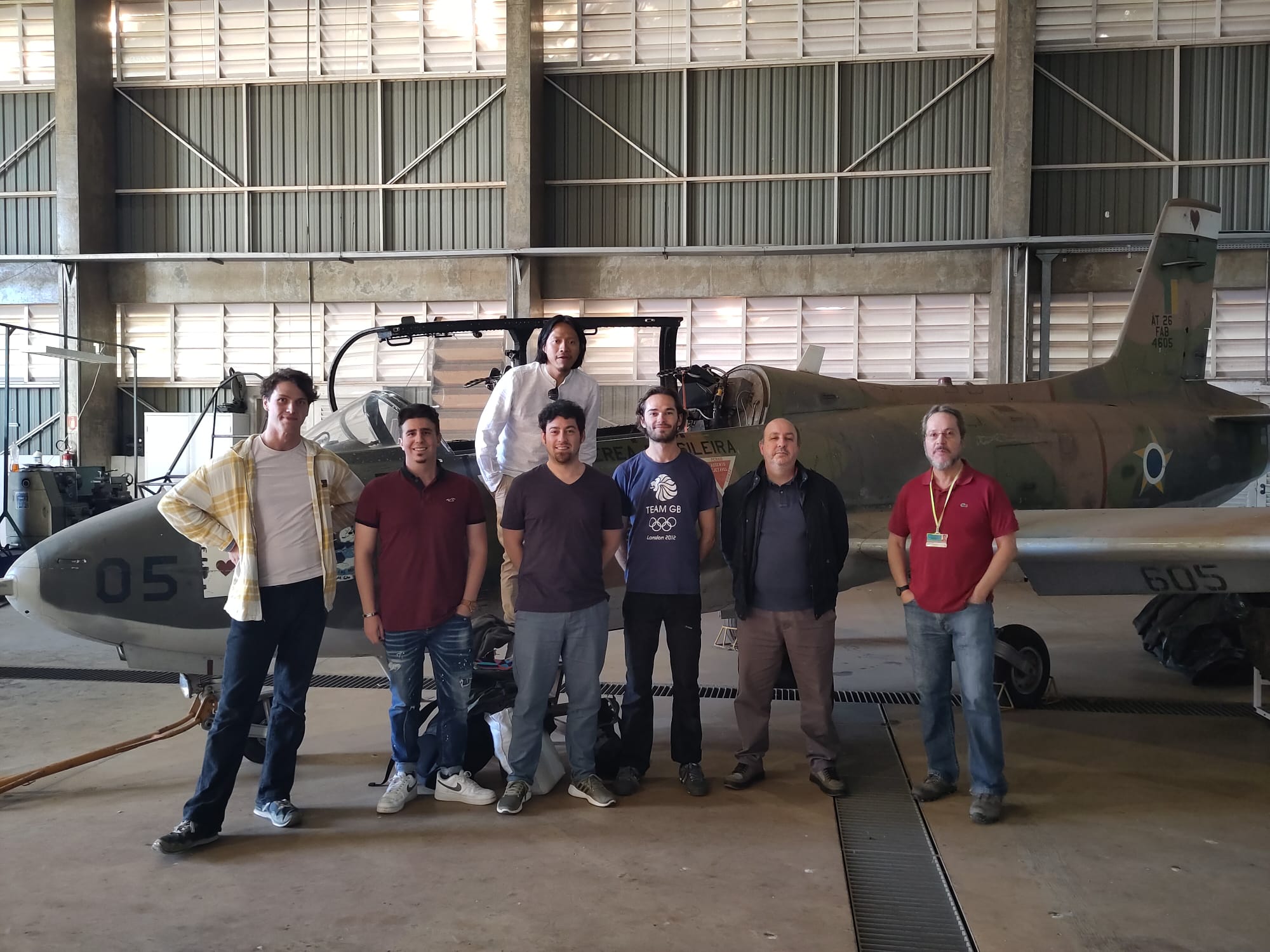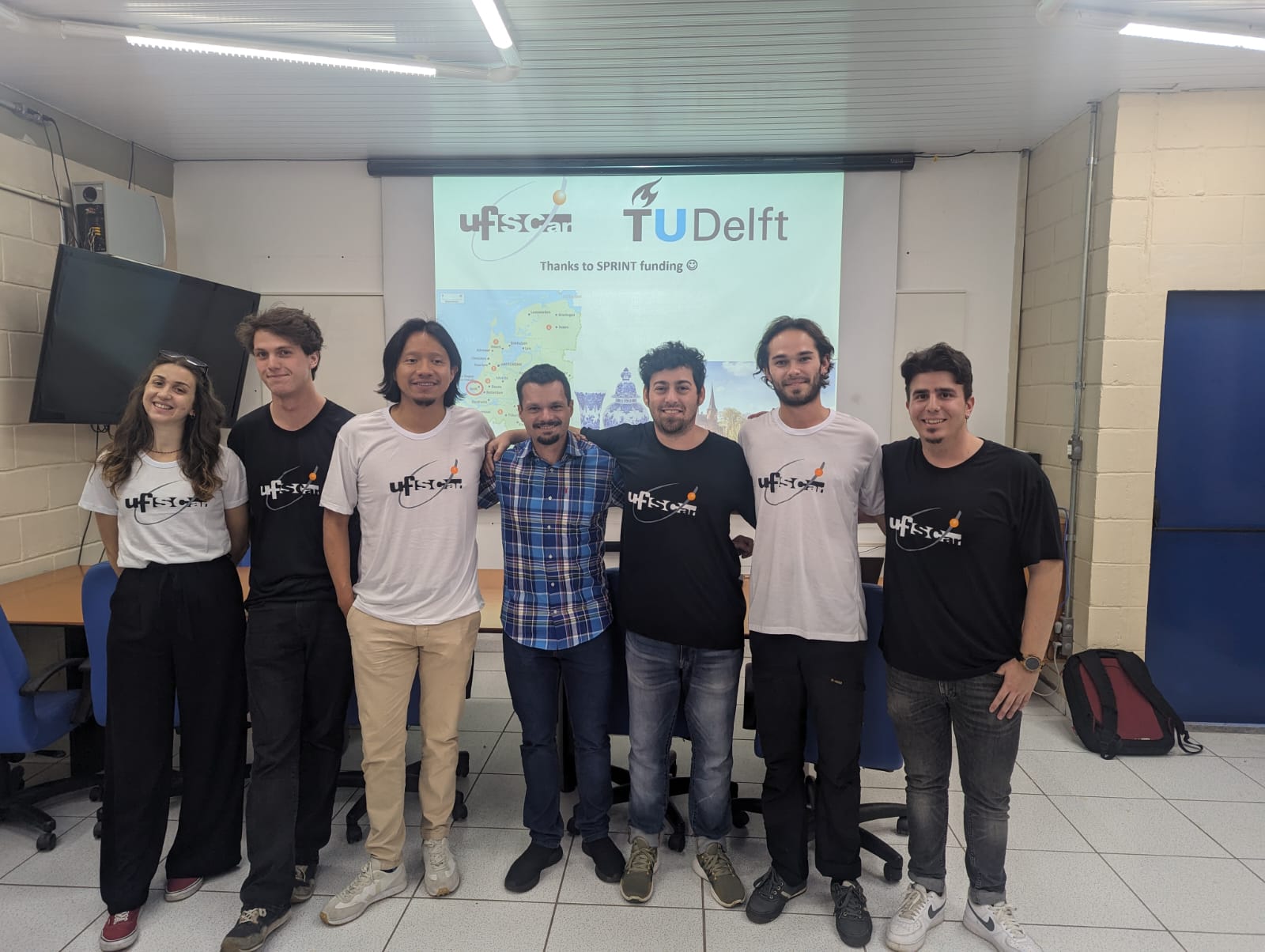TU Delft and Brazilian researchers collaborate to bring more environmentally-friendly composites and coatings
Dr. Baris Kumru (Aerospace Engineering) and Prof. Dr. Ivo F. Teixeira from Federal University of Sao Carlos (UFSCar) have teamed up to research light-induced epoxidation of natural oils for generating epoxy resins. Both researchers are working on the production of more sustainable materials for a variety of applications, including aviation. Their joint SPRINT project looked at a more environmentally-friendly process to produce specific epoxy monomers from natural oils.
To start the project, the UFSCar and TU Delft teams designed joint experiments. In the first, an initial reaction was designed employing natural cardanol oil and epoxidizing its unsaturated double bonds using photocatalysis by employing sodium polyheptazine imide semiconducting nanosheets to activate oxygen in the air. Afterwards, epoxidized cardanol oil can be a component for epoxy resin formulations such as coatings. Current epoxidation of unsaturated alkene bonds in industry is achieved by using highly oxidizing molecules such as peracids, which are extremely harmful for the environment. The researchers are now optimizing epoxidation reactions using visible light and oxygen in the air. The results so far are promising for publication, but scalability of the concept requires further joint research.
Next, Prof. Ivo F. Teixeira and his student visited the TU Delft in October 2022. Prof. Teixeira gave a talk on photocatalytic transformations of organic molecules using semiconducting nanoparticles at our department.
Dr. Kumru and his three students, William ‘Billy’ Dyer, Hubertus Hermanus Urselmann and Dimitrios Apostolidis), as well as Dr. Luis Cutz and his student, Penelope Champesi, then visited UFSCar in June 2023 in scope of two SPRINT grants of PIs. The TU Delft researchers all gave talks on photocatalytic polymer composites (Dr. Kumru), sustainable aerospace materials (Billy, Dimitris and Huub), biomass valorization (Dr. Cutz) as well as polymer recycling (Penelope) and matured future prospects for both institutions.
In Brazil, the researchers had numerous interactions at both at UFSCar and University of Sao Paulo, including their faculties of chemistry, chemical engineering, materials engineering and aerospace engineering. Talking to students, visiting their labs and engaging into conversations were an eye-opener for the researchers and enabled them to consider scientific practices based on resources we have. Researchers now plan to enlarge their collaborative research activities to look for comprehensive fundings and industrial connections (i.e. sugar cane waste valorization).



